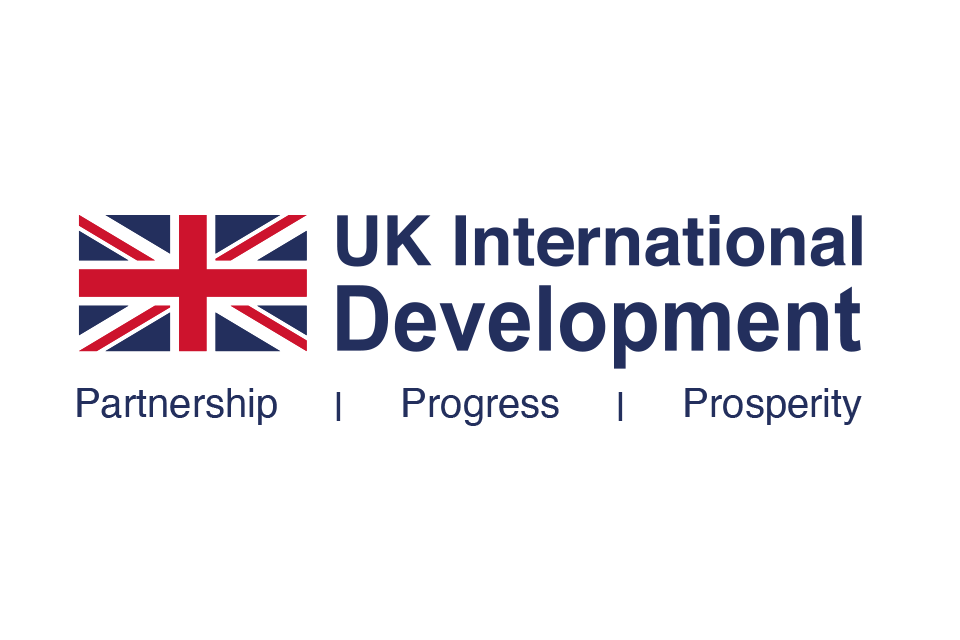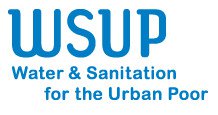Comparing institutional frameworks for urban sanitation in decentralising countries: lessons for Kenya
Decentralisation in Kenya presents both opportunities and difficulties for the urban sanitation sector. Political, administrative and fiscal powers and responsibilities are already devolved to counties, including for urban sanitation. The next step is further delegation to city and town authorities and service providers.
As decentralisation unfolds, a strong institutional framework can help secure better urban sanitation outcomes by coordinating action, ensuring cooperation and generating commitment among the many responsible organisations and individuals at different levels.
The aim of this project, led by ODI, was to support sector thinking and decision-making about appropriate design of the institutional framework for urban sanitation in post-devolution Kenya as the Ministry of Health developed the new National Environmental and Sanitation Bill.
Important limitations in Kenya’s newly decentralised sanitation frameworks were identified:
- There is considerate overlap and competition for sector leadership at national and devolved levels.
- County governments are not adequately incentivised to commit attention and finance to sanitation.
- There is limited oversight of on-site sanitation.
The project was funded by the Urban Sanitation Research Initiative, a programme managed by Water and Sanitation for the Urban Poor (WSUP), and funded by UKaid from the UK government.
Staff
-
Nathaniel Mason
Senior Research Associate
-
Eva Ludi
Head of Programme - Water Policy
-
Miriam Denis Le Sève
Research Officer


